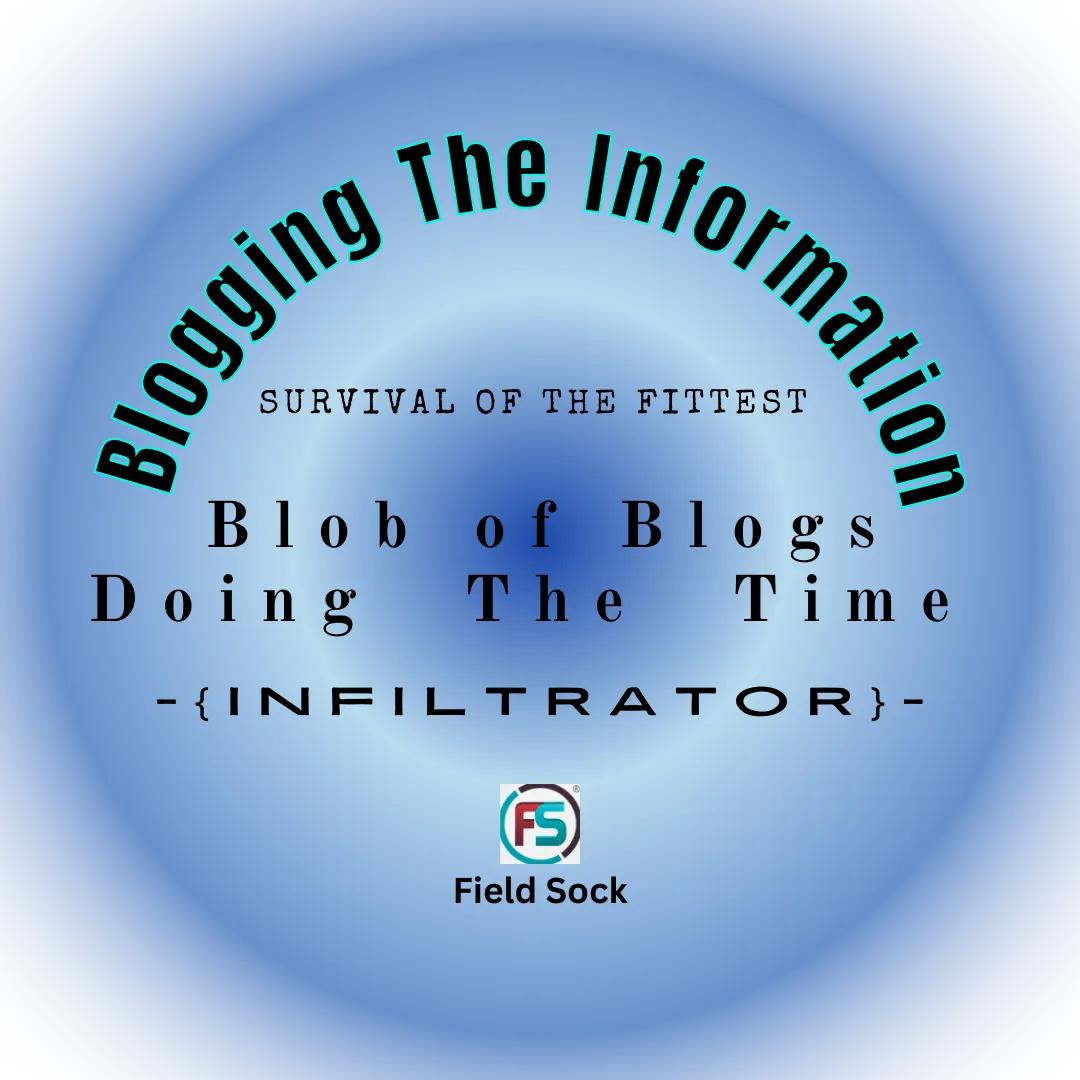Consequences of Ignoring Truth
Recognizing the Pull of the Flesh:

A Simple Example:
Imagine you’ve just finished a satisfying meal. Your hunger is satisfied, and you feel content. But then, as you walk past a bakery or see a delicious snack, suddenly the thought crosses your mind: "I should eat that." Even though you've just had lunch, the desire to eat more nags at you.
This is the flesh at work.
The flesh constantly stirs up impulses and desires, urging you to indulge in immediate gratification. It doesn’t consider long-term consequences—it simply seeks to fulfill its desires in the moment. If you gave in every time the flesh told you to eat, even when you weren’t hungry, the results would be detrimental: poor health, lack of discipline, and a loss of control.
"Fasting: A Spiritual Discipline to Draw Closer to God"
Spiritual Growth:
Fasting is seen as a way to focus more on God and less on physical needs. By setting aside food or other comforts, Christians can create space to deepen their relationship with God through prayer, meditation, and Scripture.
Repentance and Humility:
In the Bible, fasting was often associated with repentance—acknowledging sin and seeking God’s forgiveness. It’s a way to humble oneself before God and to demonstrate sincerity in one's faith and commitment.
Imitating Jesus:
Jesus himself fasted for 40 days in the wilderness (Matthew 4:1-11). Many Christians fast to follow his example and to reflect on the spiritual significance of that time.
Preparation and Reflection:
Christians may fast before significant moments in their faith, such as Lent (the 40-day period leading up to Easter), to prepare themselves spiritually and to reflect on the sacrifice of Jesus.
Seeking God's Guidance:
Fasting is sometimes done when seeking clarity, wisdom, or guidance from God during important decisions or challenging times.
Consequences of Indulging in the Flesh
If we give in to every desire the flesh whispers to us, whether it’s about food, pleasure, or any other temptation, there will always be consequences. Physical consequences like weight gain, emotional consequences like guilt, or spiritual consequences like weakened self-discipline. The flesh seeks instant satisfaction, but it often leads to long-term harm.
It’s important to recognize when these thoughts come from the flesh and choose to listen instead to your spirit—that deeper, wiser part of you that understands the importance of balance, health, and self-control. By resisting the urges of the flesh and making choices aligned with your higher purpose, you create a path toward true freedom and inner peace.
Indulging in the 17 Desires of the Flesh: The Struggle and the Solution
We all face moments where we feel the pull of our flesh—the desires that tempt us into behaviors and thoughts that lead to harm, whether to ourselves or others. The 17 desires of the flesh represent various temptations, each designed to draw us away from what is good and true. These desires often keep us trapped in cycles of negative thinking and actions.
But what if, instead of surrendering to these impulses, you made a choice:
- To put the flesh down: Instead of indulging in these desires, what if you began to replace the impulse with something constructive
- listen to yourself: Not the fleeting destructive desires of the flesh, but your spirit or soul, the deeper part of you that seeks purpose, peace, and fulfillment beyond the momentary pleasures of this world
The Root of Negative Thoughts
The negative thoughts that come with the flesh’s desires are often louder and more persistent than any sense of calm or wisdom we might feel. These thoughts are not just random—they come from entities that dwell in the realm beyond the veil.
These forces are constantly at work, whispering doubts, encouraging us to indulge, and pushing us further away from the truth. These entities feed on our weaknesses, preying on our desires and fears, wanting us to give in to the pull of the flesh.
When these negative thoughts convince you to act, to indulge, or to harm yourself or others, they laugh at your struggle. They whisper to one another, boasting about how easily you were swayed, calling you names, and reinforcing the idea that you are too weak to resist. They want you to believe that you are powerless, but you are not.
The Power of Choice and Action
It’s time to stop being passive. Do yourself and your loved ones a favor—stop being lazy and begin taking control. You don’t have to stay in this cycle of defeat. If you’re struggling with understanding why these desires are so powerful, do your own research. Look into what these desires really are and how they pull at your heart and mind. Don’t just accept them as part of who you are.
A simple but powerful place to start is by reading the Word of God, specifically the New Testament. The Bible provides the truth that will guide you away from the flesh’s temptations. Start reading, and allow its wisdom to begin to shift your focus from the temporary to the eternal. Soon, your heart will begin to follow, and you’ll find yourself feeling the pull of the spirit, not the flesh.
As you make this shift, you will be activated—your soul will awaken to the deeper calling of peace, fulfillment, and purpose. You’ll find the strength to say no to the desires that keep you trapped, and you’ll begin living a life that reflects the true beauty of who you are meant to be.
Take Action
The first step may seem small, but it is mighty. Choose today to stop allowing the desires of the flesh to dictate your actions. Choose to listen to the deeper voice of your spirit, and begin your journey towards freedom and true fulfillment. It’s time to put the flesh down and walk in the light of the spirit.
The Spiritual Essence of Humanity: Why We Are Not Just Animals
As humans, we often think of ourselves as distinct from other creatures. While we share many biological and physical traits with animals, there's a key difference that sets us apart—our spirit or soul. If we did not possess a spiritual dimension, we would be no different from animals in terms of consciousness, morality, and purpose. The presence of a soul is what elevates us beyond mere survival instincts and gives us the capacity for moral reasoning, purpose, and self-reflection.
Here’s why the existence of a spirit or soul is essential in understanding what makes us more than animals:
1. Morality: A Reflection of the Soul
- Morality requires introspection:
Animals operate largely based on instinct and survival. They don’t deliberate over what is right or wrong, good or bad. However, humans consistently engage with concepts of morality. Without a soul, we wouldn’t contemplate issues like justice, compassion, or fairness. These moral values arise from our deeper, non-physical essence that transcends mere survival instincts.
- The ability to choose right from wrong:
We’re capable of making ethical decisions, even in the face of personal or societal challenges. Animals, by contrast, follow their instincts without the ability to make ethical choices. The very fact that we can choose to be kind, honest, or just reflects the influence of a spiritual dimension.
2. Self-Reflection and Consciousness
- Awareness of existence:
Animals, though intelligent, do not seem to have the same self-awareness we do. We ponder our purpose, our place in the world, and the meaning of life. Humans ask "Why am I here?" and "What happens after death?" These questions stem from our ability to reflect on our spiritual nature.
- The concept of the soul:
Without a soul, the idea of a deeper inner self wouldn’t exist. Our souls are often linked to our capacity for self-awareness—the realization that we are more than our bodies, more than just biological beings. This awareness pushes us to search for meaning beyond what we can see and touch.
3. A Desire for Connection: Spiritual Longing
- Connection with something greater:
Humans often seek connection with a higher power, a sense of the divine, or a greater purpose. This spiritual longing is absent in animals, who live primarily to meet physical needs. The pursuit of spiritual fulfillment—through religion, philosophy, or personal growth—points to a part of us that transcends the material world.
- The pursuit of love and compassion:
The depth of human emotions like love, sacrifice, and compassion goes beyond the basic animal instincts of mating and survival. Our souls drive us to form deep emotional bonds, engage in altruism, and care for others selflessly, which is a reflection of our spiritual essence.
4. Creation and Innovation: The Role of the Soul in Human Achievement
- Creativity and innovation:
Humans have the ability to imagine, create, and innovate. We build civilizations, compose symphonies, craft masterpieces, and explore the unknown. Animals do not have this same ability to create for the sake of creativity or to innovate beyond survival. The human soul fosters the desire to shape the world in a way that goes beyond mere physical necessity.
- The drive for transcendence:
Our pursuit of knowledge, beauty, and truth is not driven solely by the need to survive or reproduce. It is a spiritual drive to reach beyond the physical realm and leave a legacy that impacts generations. This desire to transcend is a unique characteristic of humanity’s spiritual nature.
5. Purpose and Destiny Beyond the Physical Realm
- A higher calling:
If we were just animals, our existence would be limited to the physical realm of eating, mating, and surviving. But because we have a soul, we have a sense of purpose that calls us to something greater than mere physical existence. This spiritual purpose often drives people to make sacrifices, seek justice, and work toward a more meaningful and compassionate society.
- A destiny beyond death:
Humans are often concerned with life after death, eternity, and spiritual fulfillment. If we were merely animals, we would not be concerned with such existential questions. The soul gives us a sense of immortality and a belief that there is something more beyond the limitations of the physical body.
Conclusion:
Embracing the Spirit Over the Flesh
Recognizing the pull of the flesh is the first step toward overcoming its influence. The desires of the flesh may offer temporary pleasure, but they ultimately lead to consequences that harm our well-being—physically, emotionally, and spiritually. However, we are not powerless in this struggle. We have been given the ability to choose, to resist, and to rise above the fleeting temptations that seek to control us.
By engaging in spiritual disciplines such as fasting, prayer, and self-reflection, we strengthen our connection with God and awaken the deeper part of ourselves that longs for true fulfillment. Our souls, distinct from the instincts of animals, drive us to seek purpose, morality, and a relationship with something greater than ourselves.
The path to spiritual freedom begins with a choice—a decision to no longer be ruled by the flesh but to walk in alignment with the spirit. This journey requires discipline, but it leads to peace, strength, and a deeper understanding of who we truly are. By embracing the wisdom found in God’s Word and listening to the voice of the spirit, we can break free from destructive cycles and step into the life we were meant to live.
Choose today to put the flesh down and rise into the fullness of your spiritual calling.
You Never Know When the Grim Reaper Will Show Up!
Seek the truth while you still have time.
Say the sinner’s prayer out loud, confess your sins to Him, and accept His grace. You don’t need a priest—Jesus made the way for you.
When He died on the cross, the Holy Spirit descended upon the world to dwell within those who call upon His name. This is God’s gift—His presence within you, guiding and protecting you.
Jesus’ sacrifice was the final bridge to heaven. Will you accept it before it’s too late?
Subscribe and get an email or 2 every month, with our recent blogs.
Respectfully, GoldWiz
















